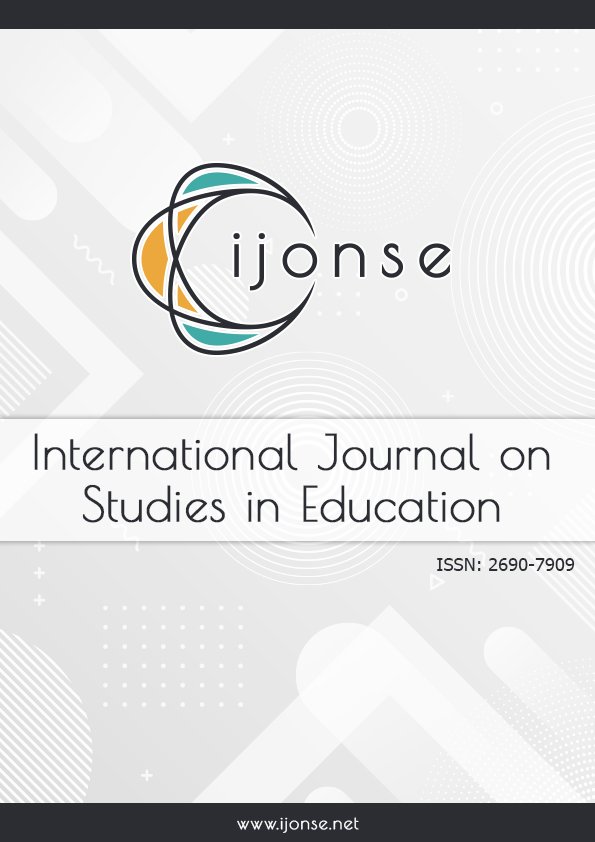Which Data Gathering Method is Superior: An Open-Ended Questionnaire or a Semi-Structured Interview?
DOI:
https://doi.org/10.46328/ijonse.220Keywords:
Open-ended questionnaire, Semi-structured interview, Codability, PhenomenologyAbstract
The objective of this study is to conduct a comparative analysis of two qualitative data collection methods: semi-structured interviews and open-ended questionnaires, with a specific focus on codability. A total of twelve freshman college students, comprising two males and ten females, were involved in this study. A phenomenological case study approach was adopted in gathering and analyzing the qualitative data. The study centered around the participants' beliefs regarding some science-related phenomena. Data comprised written responses to open-ended questionnaires and those obtained through interviews. In both data collection methods, the open questions were alike, but the interviewer was allowed to delve deeper for further elaboration. The students' responses were inductively coded to discover patterns in the data. Two codes were allocated to these responses: "codable" and "non-codable." Codable responses encompass complete answers enabling the researcher to assign a code; conversely, responses requiring additional inquiry or elaboration, preventing the researcher from assigning a code, were deemed non-codable. The results indicated that almost all the data obtained through interviews was codable; whereas only 42% of the data obtained through the open-ended questionnaire was codable. Chi-square analysis further confirmed a statistically significant association between codable responses and interviews.References
Saglam, Y. (2024). Which data gathering method is superior: An open-ended questionnaire or a semi-structured interview? International Journal on Studies in Education (IJonSE), 6(3), 375-386. https://doi.org/10.46328/ijonse.220
Downloads
Published
Issue
Section
License
Articles may be used for research, teaching, and private study purposes. Authors alone are responsible for the contents of their articles. The journal owns the copyright of the articles. The publisher shall not be liable for any loss, actions, claims, proceedings, demand, or costs or damages whatsoever or howsoever caused arising directly or indirectly in connection with or arising out of the use of the research material.
The author(s) of a manuscript agree that if the manuscript is accepted for publication in the International Journal on Studies in Education (IJonSE), the published article will be copyrighted using a Creative Commons “Attribution 4.0 International” license. This license allows others to freely copy, distribute, and display the copyrighted work, and derivative works based upon it, under certain specified conditions.
Authors are responsible for obtaining written permission to include any images or artwork for which they do not hold copyright in their articles, or to adapt any such images or artwork for inclusion in their articles. The copyright holder must be made explicitly aware that the image(s) or artwork will be made freely available online as part of the article under a Creative Commons “Attribution 4.0 International” license.

This work is licensed under a Creative Commons Attribution-NonCommercial-ShareAlike 4.0 International License.





